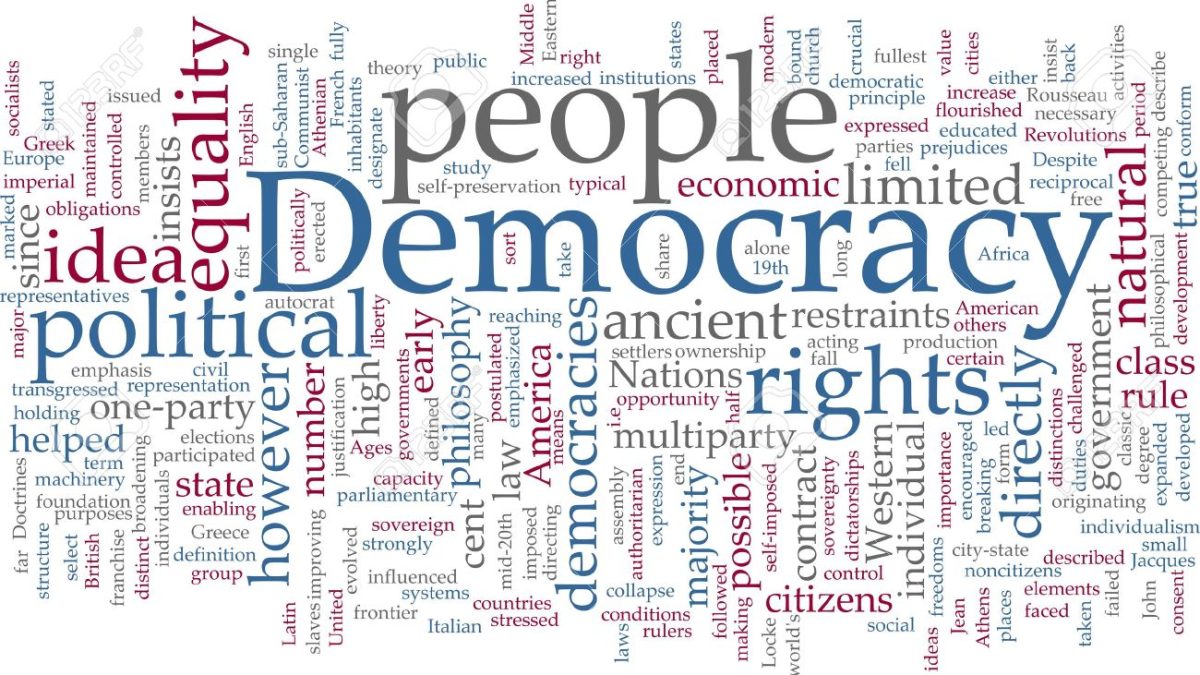- Have any questions?
- [email protected]
Leadership and the challenges of good governance in Nigeria

How Much Is Nigeria’s Total Debt?
6 April 2022
Not Too Young to Run and Impactful Politics in Nigeria
8 April 2022For decades in Nigeria, good governance and leadership have been questionable. How is good governance even measured anyway? Good governance ensures that the rule of law is promoted and that every individual’s voice is adequately recognised and acknowledged. Further, good governance entails the effective and equitable utilisation of resources for the greater good.
Good governance, according to the United Nations Development Programme (UNDP), encompasses three legs and that’s economic, political and administrative governance. The economic aspect of government seeks to address the economic activities and relationships with other economies. The political part of governance deals basically with formulating policies. Finally, the administrative aspect of governance handles policy monitoring and implementation.
This definition of good governance highlights what to expect from an administration to determine whether or not it can be termed good governance (How well it balances administrative, political and economic duties). But unfortunately, one bane of Leadership in Nigeria and worldwide is characterised by power-drunk individuals who are only hungry enough to sit at the big table and have significant shares but never hungry enough to carry out their duties or lead efficiently and effectively.
Some challenges of good governance in Nigeria are:
Greed on the part of the leaders and the followers: As it is in the country, we practice a democratic system of government where the mandate of the people is supposed to be the mandate of the state. Through voting, we elect our leaders and should ordinarily have the power to hold them accountable. However, the actual situation is that, because of desperate and power-hungry politicians and greedy followers, plots are made to destroy the whole mandate of the people mantra through the rigging of elections, alteration of election results, vote-buying and selling.
These actions are disastrous to the whole idea of good governance and democracy, and apparently, we have a considerable share of these. How do we get good governance when people get manipulated to vote in people not because of what they can offer in the long run but what they can “drop at the moment”? Acts like this defeat the whole essence of democracy and good governance and make it so hard for things to work.
Poverty: You might wonder why poverty is included as a challenge to good governance in Nigeria, but it is. How? Ignorance, illiteracy and poverty are three factors that could crush if actions are not taken to handle them properly. Greedy politicians who need to get people to work as tools to achieve their evil plans easily go toward people who are poor, confused and voiceless. The poverty of the heart and mind are also factors that make people fall prey to schemes that do not do any good.
Political apathy and indifference: In Nigeria, there’s a massive apathy towards anything political due to the constant repeats of failed promises like broken records due to the endless days of holding on to hope for brighter days. For many different reasons, people are indifferent toward governance, and when there’s apathy, it gives room for cheating to thrive. Less competent people are given a chance to lead.
Lack of critical thinking and foresight: As earlier established, some people apply for political posts and positions for greediness and self-centred purposes. They lack foresight, essential skills of thinking or even adequate knowledge on how to perform leadership duties best, handle certain situations, make informed decisions or even do things right at all. It leaves us with leaders lacking foresight, critical thinking and adequate leadership abilities.
To put an end to the continuous recycling of the challenges we have from generation to generation, it takes us! Everybody should put all hands on deck and heads together, choosing responsibility, fairness, and grit to deal with what we have on the ground and spin the narrative around for good.

